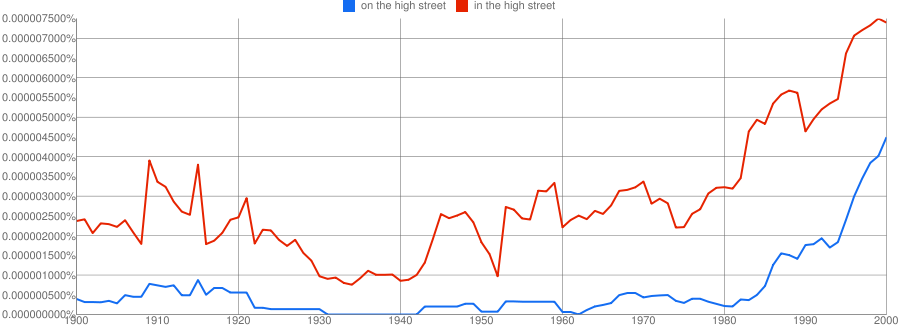In the United States, we say that someone lives on a street, whereas I've noticed that British people say in. For instance:
Bubba lives on Washington Street.
Colin lives in Cavendish Avenue.
I believe we both would use at when a number is given. For instance:
Bubba lives at 16 Washington Street.
Colin lives at 7 Cavendish Avenue.
I don't think it matters if it's a road, avenue, street, circle, or lane — as far as I know, in America, we always live on a street. Does it vary in British English, or is it always in? If it varies, what are the rules?

